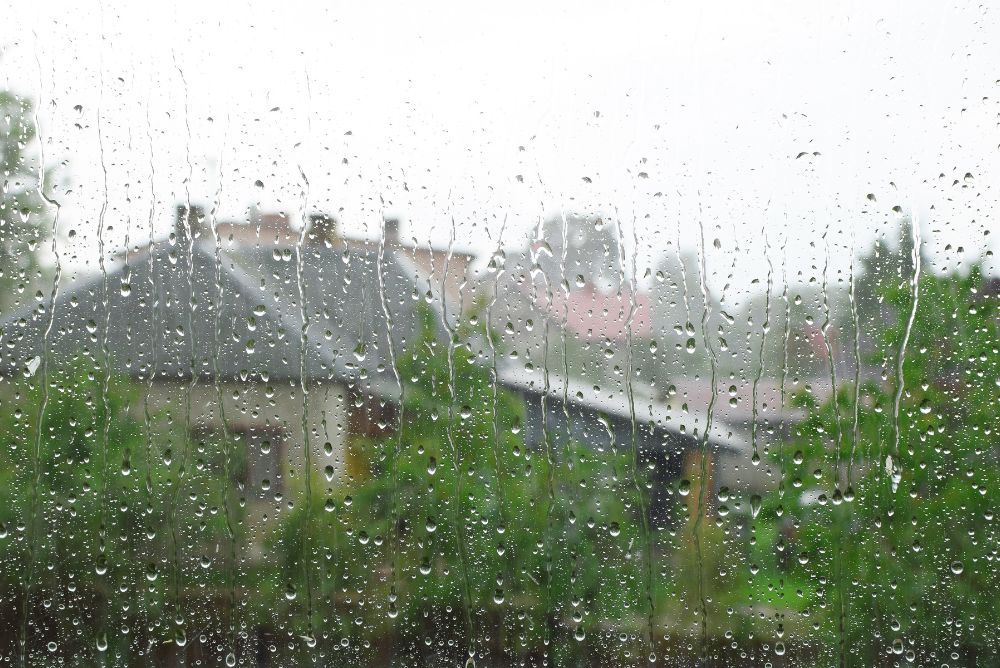Many people know about the dangers of extensive exposure to radon gas, but they may not know that the levels can change throughout the year. Although you may think radon levels don’t change naturally, a small gust of wind can shift the amount within your home. Because radon gas is odorless, colorless, and tasteless, it’s impossible to detect without proper testing. Discover how weather affects radon levels in your home to determine a routine testing schedule.
Wind and Rain
Light wind and rain may slightly impact your home’s radon levels, but not enough to make a difference. On the other hand, heavy winds and rain can cause significant changes in the amount of radon in your home. Interestingly, heavy rain usually means low barometric pressure; with that said, this pressure imbalance may cause radon to come up from the ground and into the small cracks in your home’s foundation. Clear days without rain or wind may result in lower radon levels—the pressure may be higher within your home, which keeps radon out.
Snow and Cold Temperatures
Although it may not seem as though radon levels depend on the current weather conditions, you should know that levels may be much higher during the winter months. Because you’re most likely to keep your house closed to prevent the cold air from entering, you may also allow radon gas to build up.
Furthermore, a blanket of snow on the ground can also keep radon from escaping into the outdoor atmosphere. As a result, the gas often takes the path of entering the small cracks and gaps in your foundation and building up in your home.
Warm Weather
Radon levels may be the lowest during the summer months, as many people allow for excellent ventilation in their homes. Keeping your windows open or allowing a constant airflow throughout your house is a great way to prevent radon gas from building up inside. However, this doesn’t mean your levels can’t be high during this time.
After learning how weather affects radon levels in your home, you may want to test your home every season to see how it changes. With that said, it can’t hurt to get an annual radon system inspection to ensure yours is functioning properly. Radon may not seem like a huge threat, but you definitely don’t want it in your home for extended periods.


Recent Comments